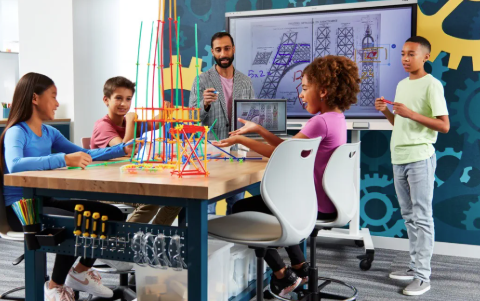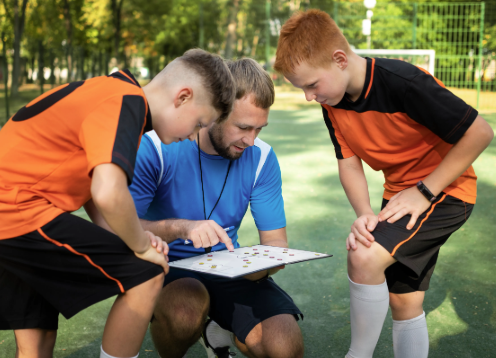As technology continues to transform education, smart devices have become integral to the modern college experience. From tablets and e-readers to voice assistants and digital pens, these tools support productivity, organization, and collaboration both inside and outside the classroom. When used thoughtfully, smart devices can enhance learning, simplify tasks, and help students stay connected and informed. Here’s a look at some of the most helpful smart devices for college learning and how they contribute to academic success.
1. Tablets and 2-in-1 Laptops
Devices like the iPad, Microsoft Surface, and Chromebook allow students to take notes, annotate readings, and access digital course materials. With detachable keyboards and stylus support, they combine portability with functionality.
2. Smartpens and Digital Notebooks
Smartpens, such as the Livescribe, record audio while capturing handwritten notes digitally. Paired with smart notebooks like Rocketbook, these tools let students save and organize their work in the cloud.
3. Noise-Canceling Headphones
Ideal for studying in shared or noisy environments, these headphones help students concentrate by blocking distractions. Many models also support voice assistants and hands-free learning.
4. E-Readers and Digital Textbooks
Lightweight and eye-friendly devices like Kindle or apps such as Apple Books make reading more accessible. Features like adjustable fonts, built-in dictionaries, and highlighting tools enhance comprehension and retention.
5. Smart Speakers and Voice Assistants
Devices like Amazon Echo or Google Nest can help manage schedules, set reminders, play educational podcasts, or answer quick questions using voice commands. They offer hands-free convenience for multitasking learners.
6. Wearable Tech for Time and Health Management
Smartwatches track time, manage notifications, and monitor health—useful for maintaining balance during busy semesters. Features like alarms and timers also support time-blocked study sessions.
7. Cloud-Connected Storage Devices
External drives and cloud-based apps such as Google Drive or Dropbox allow students to back up assignments, share files, and collaborate on group projects anytime, anywhere.
8. Smart Planners and Digital Calendars
Using digital planning apps on smart devices helps students stay organized and on track. Notifications and calendar syncing ensure no assignments or deadlines are missed.
9. Document Scanners and Note Apps
Apps like Adobe Scan or Evernote turn mobile devices into powerful tools for capturing and organizing class notes, whiteboard content, and handouts.
10. Study and Productivity Apps
Smart devices support a range of apps—from flashcard creators like Quizlet to focus tools like Forest—that boost academic performance through personalized and interactive learning.
Conclusion
Smart devices are more than just gadgets—they’re valuable educational companions that support learning, productivity, and wellness. By integrating the right tools into their daily routines, college students can study more effectively, stay organized, and adapt to the demands of a digital learning environment.














